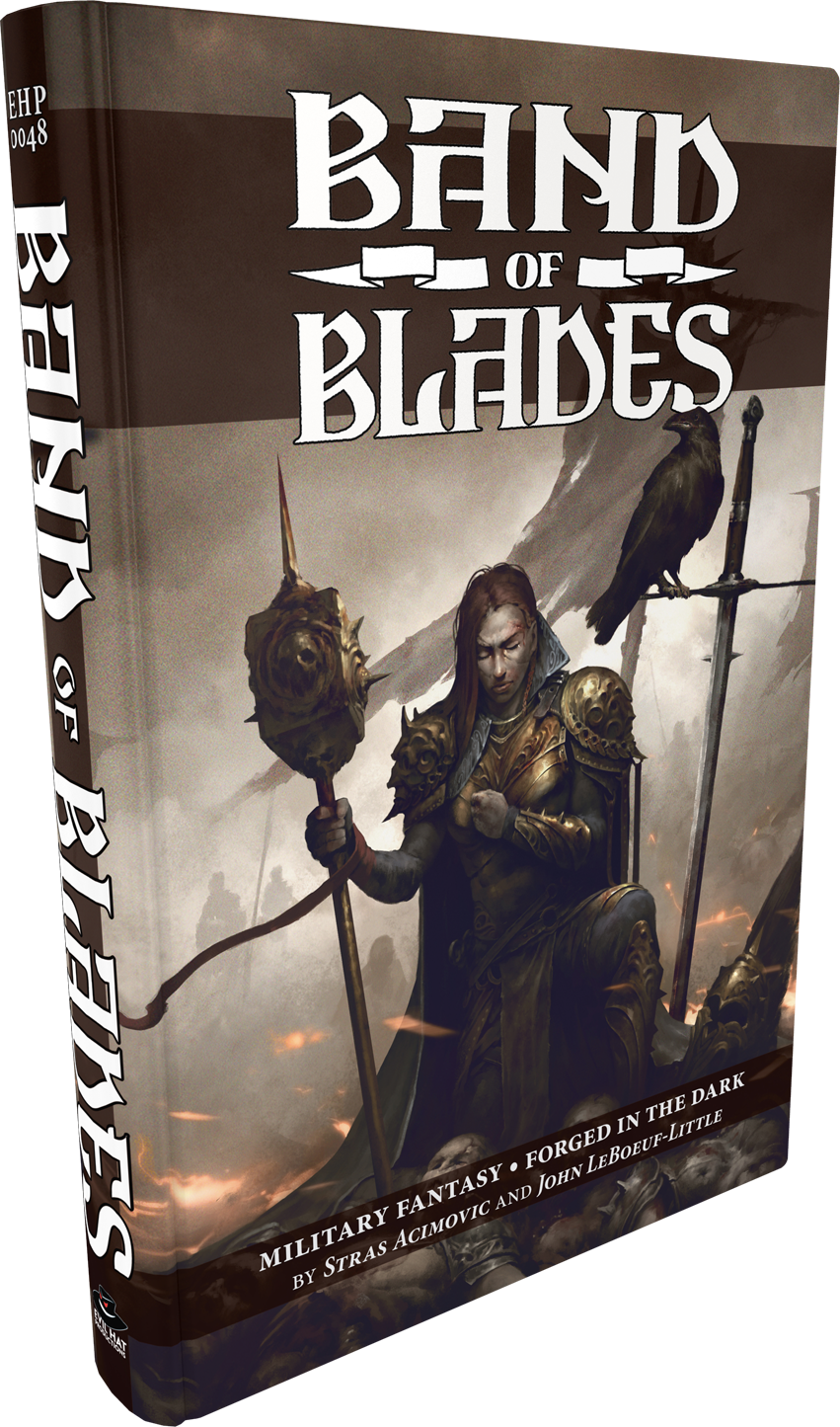jmartkdr2
Hero
I really shouldn't engage but:It is an option some players pick.
In Traditional Play a single player often has several characters they control in the form of Followers, Henchmen, Retainers and more. So having more then one character is common enough.
Still the point is many Traditional players will just game with it, and not just switch characters.
And while I will never say no Neo T players would just game with it, I doubt many would. After all the basis of OC/Neo T is the Single Character the player wants to play, and they don't want to play the character with any major drawbacks or effects.
Trad play does not normally have multiple characters per player. That might be common in OSR or Classic, but one of the things Trad did to differentiate itself was going for one pc the player was attached to rather than a stable of tokens to use ad hoc.



